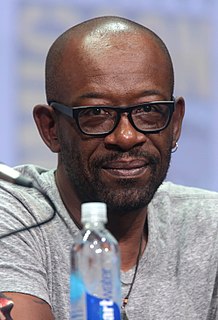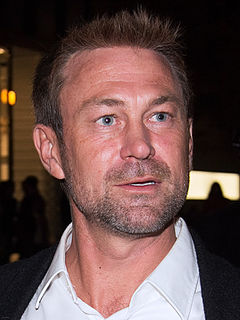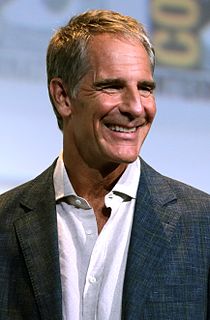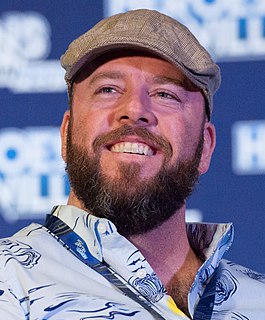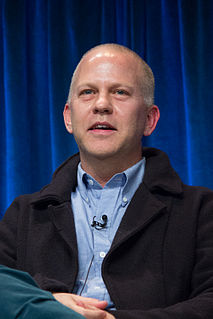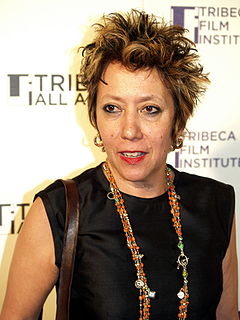A Quote by Lennie James
I was dreading all of the ghost stories of working on American television, not in the least, the length. In Britain, a series is six episodes of an hour drama, maybe sometimes eight, but never twenty-two, so I was petrified of that.
Related Quotes
Television is what we call the long form of storytelling, where we tell stories over thirteen, twenty-two, or twenty-four hours. Miniseries is an eight-hour form of storytelling, and film is a two-hour form. Each and every one of them are important to me, because they're a different modality of storytelling.
In a one-hour documentary, you can tell maybe ten stories. That's how the documentary is structured. I wrote to forty of the greatest historians of both African and African-American history, and hired them as consultants. I had them submit what they thought were the indispensable stories, the ones they felt this series absolutely had to include.
I've done panel shows, which I enjoy, and on those you're recording half-an-hour of TV and sometimes they film for two hours. But with 'Britain's Got Talent,' you're on camera for eight hours, with a large theatre audience watching - and in between you're being filmed for ITV2 as you eat your lunch.
If you look at 'American Horror Story' or 'Crime Story,' these are visceral, action-packed, sometimes bloody episodes of television. They're not 'feminine.' They're not about sexy women sitting around looking beautiful, drinking lattes. These episodes are calling cards to show companies like Marvel, 'Look, women can do these kind of movies.'
I never said it. Honest. Oh, I said there are maybe 100 billion galaxies and 10 billion trillion stars. It's hard to talk about the Cosmos without using big numbers. I said "billion" many times on the Cosmos television series, which was seen by a great many people. But I never said "billions and billions." For one thing, it's too imprecise. How many billions are "billions and billions"? A few billion? Twenty billion? A hundred billion? "Billions and billions" is pretty vague. When we reconfigured and updated the series, I checked-and sure enough, I never said it.
